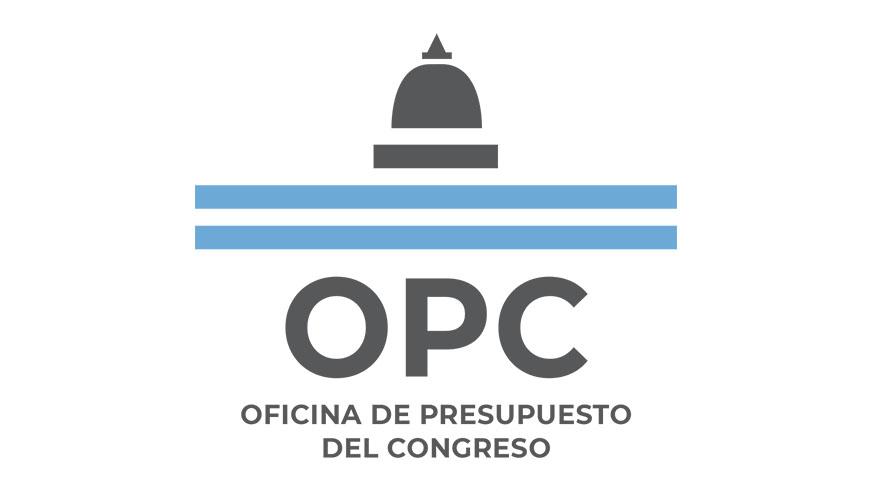The OPC director, Gabriel Esterelles, was invited by the authorities of the Committee chaired by Deputy Silvia Lospennato to give his opinion on different projects under discussion that envisage broadening the scope of the OPC’s assistance to parliamentary work. The meeting took place on Tuesday, June 26 in room number 4 on the third floor of the Dr. Juan Carlos Pugliese building, Annex of the National Congress building.
Mr. Esterelles explained the work of the OPC and the progress made during the six years of the office’s existence, highlighting the significant improvements in terms of response to legislators’ demands.
In recent years, the number of requests for measuring the fiscal impact of bills under study has increased. The OPC went from analyzing an average of 16/17 issues in recent years to more than 40 in the first half of 2024 alone and reduced the average turnaround time to just under two weeks. This timeframe compares with the CBO (Congressional Budget Office) in the U.S., an office with a 50-year track record and ten times the size of the OPC, which produces about 700 reports per year.
“The reference to the production of other similar agencies, of larger size and trajectory, shows that we have a similar performance and allows us to know that we are on the right track. The fact that today it is being discussed to give the OPC a greater participation in the estimation of the fiscal impact of the initiatives is a recognition of this work, although it is also a challenge in relation to the maximum capacity of production of reports”, said the OPC director.
At the meeting, it was proposed as a possible course of action to agree on a mechanism for prioritizing requests so as not to generate bottlenecks and thus enable the OPC to respond to the prioritized demands.
The legislators emphasized the value of the technical analysis of the Office for their work and considered Law 27,343 of 2016, which created the OPC, as one of the best decisions made by the National Congress.




